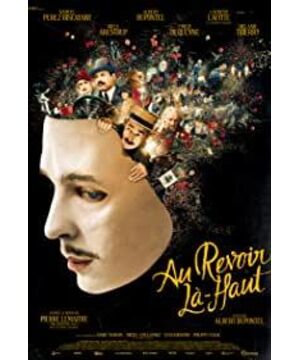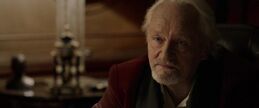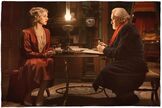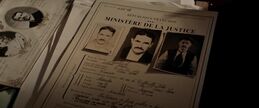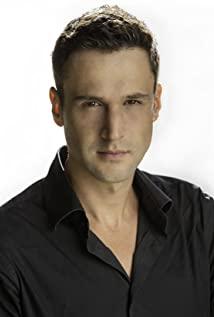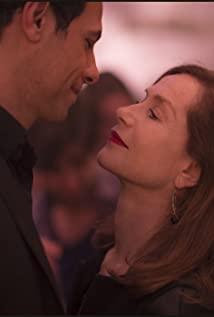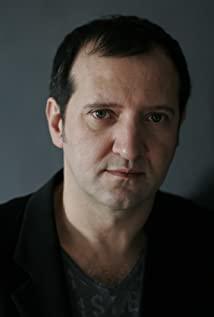Edward is a painter and son who is not understood and affirmed by his father, a wounded veteran who has been abandoned by the social state. After the war, in order to retaliate against the wounded veterans who abandoned the country for betrayal, Edward devised a fraud scheme, fabricated an artist and an art company, and sent orders for war memorial sculptures to cities across the country. Planning how to take revenge on the shameless and greedy Pradelle, using the civil servants at the bottom of the society who have never been reused, to expose Pradelle's use of despicable means to restrain money, reduce the quality and size of the coffin, and arbitrarily fabricate the identity of the body and even the name of the tombstone. An evil deed that does not match the names of the soldiers who died. When Pradelle was finally buried in the quicksand in the tomb, when his father affirmed his painting creation and his understanding of his son, when Edward responded to his cry of resistance to this injustice era, he was relieved and finally he could let go of himself. perseverance and struggle. Leaving the world with a smile without the slightest regret was a relief and the best ending for Edward. Albert is a loyal and kind veteran friend. Quietly enduring the abandonment of society, the departure of his fiancee, and turning around, he can still move forward. Due to his cowardly personality, he is unwilling to fight with the surrounding, and even blocks Edward's revenge. But standing in the position of a friend, Albert is still Edward's most loyal executor and supporter, and finally gained his own love and a new rich identity, which is also a happy ending.
View more about See You Up There reviews


